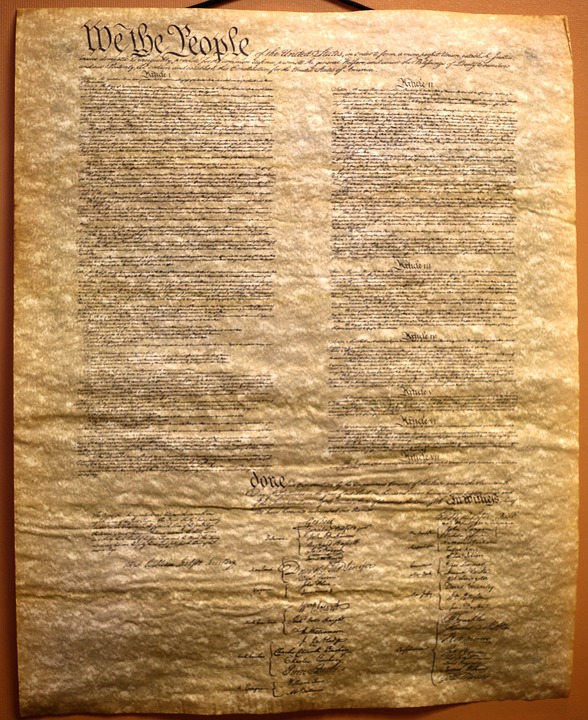 If a traffic stop is not authorized, the Fourth Amendment to the US Constitution and Art 1, Section 11 of the Michigan Constitution require suppression of all evidence stemming from the unlawful traffic stop.
If a traffic stop is not authorized, the Fourth Amendment to the US Constitution and Art 1, Section 11 of the Michigan Constitution require suppression of all evidence stemming from the unlawful traffic stop.
This is known as the "fruit of poisonous tree" doctrine. This stems from a US Supreme Court case, Wong Sun v. United States, 371 U.S. 471 (1963), and it means that the prosecutor must prove that the traffic stop was lawful as a justified intrusion upon the liberty interests of the accused or else the case is dismissed. This applies to drunk driving cases as well as drug possession charges and everything else including dead bodies in the trunk of a car. If you pause to think about it, this is an incredible idea. It establishes that our rights to remain free from governmental interference is more important than solving crimes.
Judges are usually extremely reluctant to dismiss drunk driving cases.
Many judges are former prosecutors and pride themselves on their "strict" interpretation of the law. But we, as humans, all suffer from biases and prejudices, and many judges substitute a strict interpretation of the law for a narrow interpretation that favors those biases and prejudices. Before a "bad judge" virtually anything that an officer describes--even if it is clearly not true--provides at least reasonable suspicion or probable cause, which are two different but similar standards of law that a trial court judge must employ regarding a motion to suppress at an evidentiary hearing. It is important to know when reasonable suspicion applies as opposed to probable cause, but for purposes of this website, we are only generally describing "something fishy" or "something objective" that makes an officer believe that the law is being violated. Even a good judge does not want to dismiss a case, however, because this means that an apparently guilty person is going free on what is frequently described as a "technicality." Despite the general reluctance of trial court judges to dismiss unlawful traffic stop cases, however, we should count ourselves lucky as US Citizens because motorists in Great Britain and many other European countries do not have the ability to challenge an officer's purported reasons for conducting a traffic stop. While the American tabloids follow the royal family around like paparazzi, it is important to keep in mind that England does not have a Fourth Amendment because their people never fought and died for it. They get kings and queens, while we earned the right to be free from unreasonable government interference.
How far does the Fruit of the Poisonous Tree Doctrine Extend?
The details of the Wong Sun decision evince that the line is broken at a certain point. Most lawyers do not recall that this seminal case was actually a loss! In Wong Sun, officers unlawfully entered a laundry owned by Toy, at which point Toy indicated that Yee was selling narcotics. The drug agents then went to Yee and found narcotics. Yee made a deal to give up his supplier, Wong Sun. The agents then arrested Wong Sun. Toy, Yee and Sun were all arrested, arraigned and released following arraignment. Wong Sun returned to the police station voluntarily to make a statement and confessed. The Supreme Court held that Toy's statements and the discovered drugs at Yee's should both be excluded as fruit of the poisonous tree because the search was done without a warrant. Wong Sun's lawyer argued that Wong Sun's confession should also be excluded as fruit of the poisonous tree, but Wong Sun lost. Wong Sun's statement was ruled admissible because he had no standing to move to suppress the evidence found in Yee's apartment. Wong Sun was granted a new trial, but his confession was admissible.